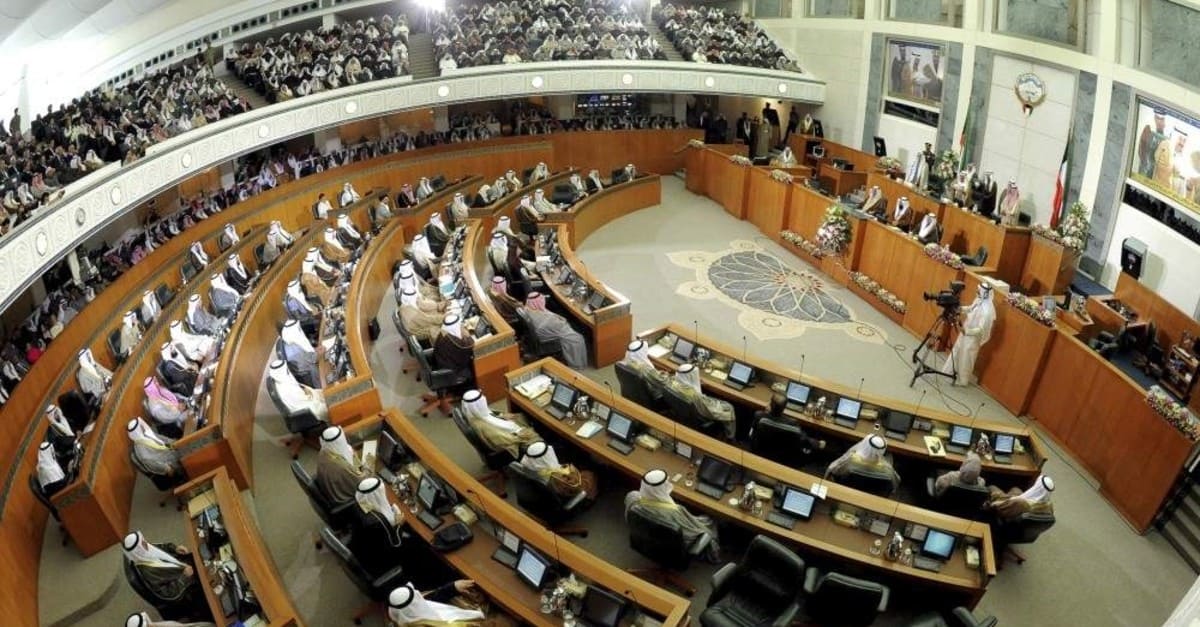Dubai, UAE — Kuwait’s Prime Minister Sheikh Ahmad Nawaf al-Sabah has named Manaf Abdulaziz Al Hajri as minister for finance and minister of state for economic and investment affairs in the new cabinet announced Sunday.
Most of the ministerial portfolios remain unchanged in the new cabinet, such as Bader Al Mulla, who stays the oil minister, while Sheikh Talal Al-Khaled Al-Sabah was re-appointed as minister of interior and acting minister of defense, and Sheikh Salem Abdullah Al-Jaber Al-Sabah continues to be the foreign minister.
The PM issued a decree to announce the formation of the 42nd cabinet. Kuwait’s parliament has been dissolved around a dozen times in its 61-year history.
In January, Kuwait’s government resigned three months after it was sworn in due to disputes with lawmakers. It was the sixth government in just three years.
In February, the constitutional court dissolved an opposition-controlled assembly over alleged electoral irregularities and reinstated the previous parliament.
Kuwait, which borders Saudi Arabia and Iraq, is home to seven percent of the world’s crude reserves. It has little debt and one of the strongest sovereign wealth funds worldwide.
However, it suffers from constant stand-offs between elected lawmakers and cabinets installed by the ruling Al-Sabah family. Experts believe the political ‘dysfunction’ has not allowed the country to full develop its economy.








